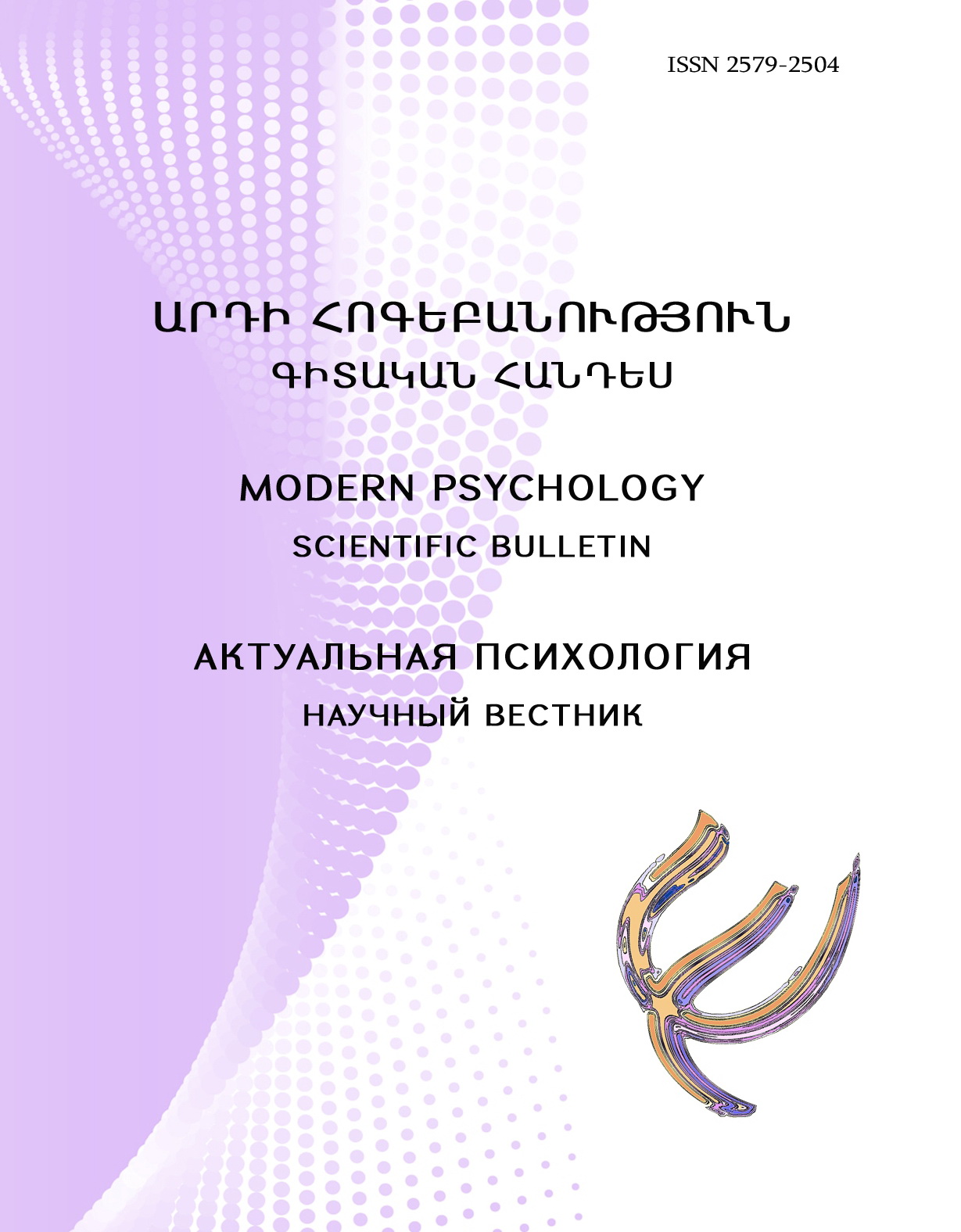A REVIEW OF HOW THE USE OF CHATGPT IN LEARNING AFFECTS STUDENT WELL-BEING
DOI:
https://doi.org/10.46991/SBMP/2023.6.2.089Keywords:
student well-being, ChatGPT, modern AI-enhanced technology, learning, social environment, policymaking, academic engagementAbstract
This article provides a review of the current relations between using ChatGPT for learning and student well-being. ChatGPT is an AI-based chatbot that can be used to assist students in their learning. It can provide personalized learning recommendations, answer questions, and offer feedback on assignments. However, the impact of using ChatGPT on student well-being can vary depending on several factors.
Firstly, the design and implementation of ChatGPT can affect the student's experience. If the chatbot is poorly designed or implemented, it can cause frustration or confusion, which can negatively impact the student's well-being. On the other hand, a well-designed chatbot that is easy to use and provides helpful feedback can enhance the student's learning experience and overall well-being. Secondly, the student's perception of ChatGPT can also affect their well-being. If the student views ChatGPT as a helpful tool that enhances their learning experience, it can lead to positive emotions and a sense of accomplishment. However, if the student sees ChatGPT as a replacement for human interaction or as a means of surveillance, it can lead to negative emotions such as anxiety or fear. Lastly, the role of ChatGPT in the overall learning environment can also impact student well-being. If ChatGPT is used as a supplement to traditional teaching methods and provides additional support, it can enhance the student's learning experience and improve their well-being. However, if ChatGPT is used as a replacement for human teachers or as the sole means of learning, it can lead to a sense of isolation and disconnection from the learning experience.
This article analyzes the impact of using ChatGPT on student well-being depending on several factors such as design, implementation, perception, and role in the overall learning environment. When designed and implemented well, and used as a supplement to traditional teaching methods, ChatGPT can enhance the student's learning experience and improve their well-being.
References
Abd-Alrazaq, A. A., Rababeh, A., Alajlani, M., Bewick, B. M., & Househ, M. (2020). Effectiveness and Safety of Using Chatbots to Improve Mental Health: Systematic Review and Meta-Analysis. Journal of medical Internet research, 22(7), e16021. https://doi.org/10.2196/16021
Abrams, Z. (2021, November 1). The promise and challenges of AI. American Psychological Association. https://www.apa.org/monitor/2021/11/cover-artificial-intelligence
Abramson, A. (2023, March 27). How to use ChatGPT as a learning tool. American Psychological Association. https://www.apa.org/monitor/2023/06/chatgpt-learning-tool
Duckworth, A., & Ungar, L. (2023, January 19). Op-Ed: Don’t ban chatbots in classrooms — use them to change how we teach. https://www.latimes.com/opinion/story/2023-01-19/chatgpt-ai-education-testing-teaching-changes
Huang, K. (2023, January 16). Alarmed by A.I. Chatbots, Universities Start Revamping How They Teach. The New York Times. https://www.nytimes.com/2023/01/16/technology/chatgpt-artificial-intelligence-universities.html
Kingsley, A. (2023, March 31). How Tech Is Stepping Up For Student Mental Health. Forbes. https://www.forbes.com/sites/forbestechcouncil/2023/03/31/how-tech-is-stepping-up-for-student-mental-health/amp/
Khameneh, A. (2023, April 17). Teachers in Denmark are using apps to audit their students’ moods. MIT Technology Review. https://www.technologyreview.com/2023/04/17/1071137/denmark-teachers-apps-student-mood-audit-software/?truid=1583078d47f51b78fc2b6200a5bf5c87&utm_source=the_download&utm_medium=email&utm_campaign=the_download.unpaid.engagement&utm_term=&utm_content=04-17-2023&mc_cid=6cac3e76a5&mc_eid=d821f73c38
Kochovski, A. (2023, March 25). 20 ChatGPT Statistics & Facts in 2023: OpenAI Chatbot Explanation, Stats & Trends. https://www.cloudwards.net/chatgpt-statistics/#:~:text=How%20Popular%20Is%20ChatGPT%3F,the%20100%20million%20user%20mark.
Marr, B. (2018, July 25). How Is AI Used in Education -- Real World Examples of Today And A Peek Into The Future. Forbes. https://www.forbes.com/sites/bernardmarr/2018/07/25/how-is-ai-used-in-education-real-world-examples-of-today-and-a-peek-into-the-future/amp/
Schleicher, A. (2015, September 15). School technology struggles to make an impact. https://www.bbc.com/news/business-34174795
Swiecki, Z., Khosravi, H., Chen, G., Martinez-Maldonado, R., Lodge, J.M., Milligan, S., Selwyn, N., & Gašević, D. (2022). Assessment in the age of artificial intelligence. Computers and Education: Artificial Intelligence, Volume 3. https://doi.org/10.1016/j.caeai.2022.100075.
The Educator. (2023, March 2). AI and student wellbeing: New opportunities for assessment and learning.
Tutun, S., Johnson, M.E., Ahmed, A. et al. An AI-based Decision Support System for Predicting Mental Health Disorders. Inf Syst Front (2022). https://doi.org/10.1007/s10796-022-10282-5
Whiteford, H. A., Ferrari, A. J., Degenhardt, L., Feigin, V., & Vos, T. (2015). The global burden of mental, neurological and substance use disorders: an analysis from the Global Burden of Disease Study 2010. PloS one, 10(2), e0116820. https://doi.org/10.1371/journal.pone.0116820
Yang, M. (2023, January 6). New York City schools ban AI chatbot that writes essays and answers prompts. https://amp.theguardian.com/us-news/2023/jan/06/new-york-city-schools-ban-ai-chatbot-chatgpt
Downloads
Published
Issue
Section
License
Copyright (c) 2023 Zheyu Song

This work is licensed under a Creative Commons Attribution-NonCommercial 4.0 International License.



